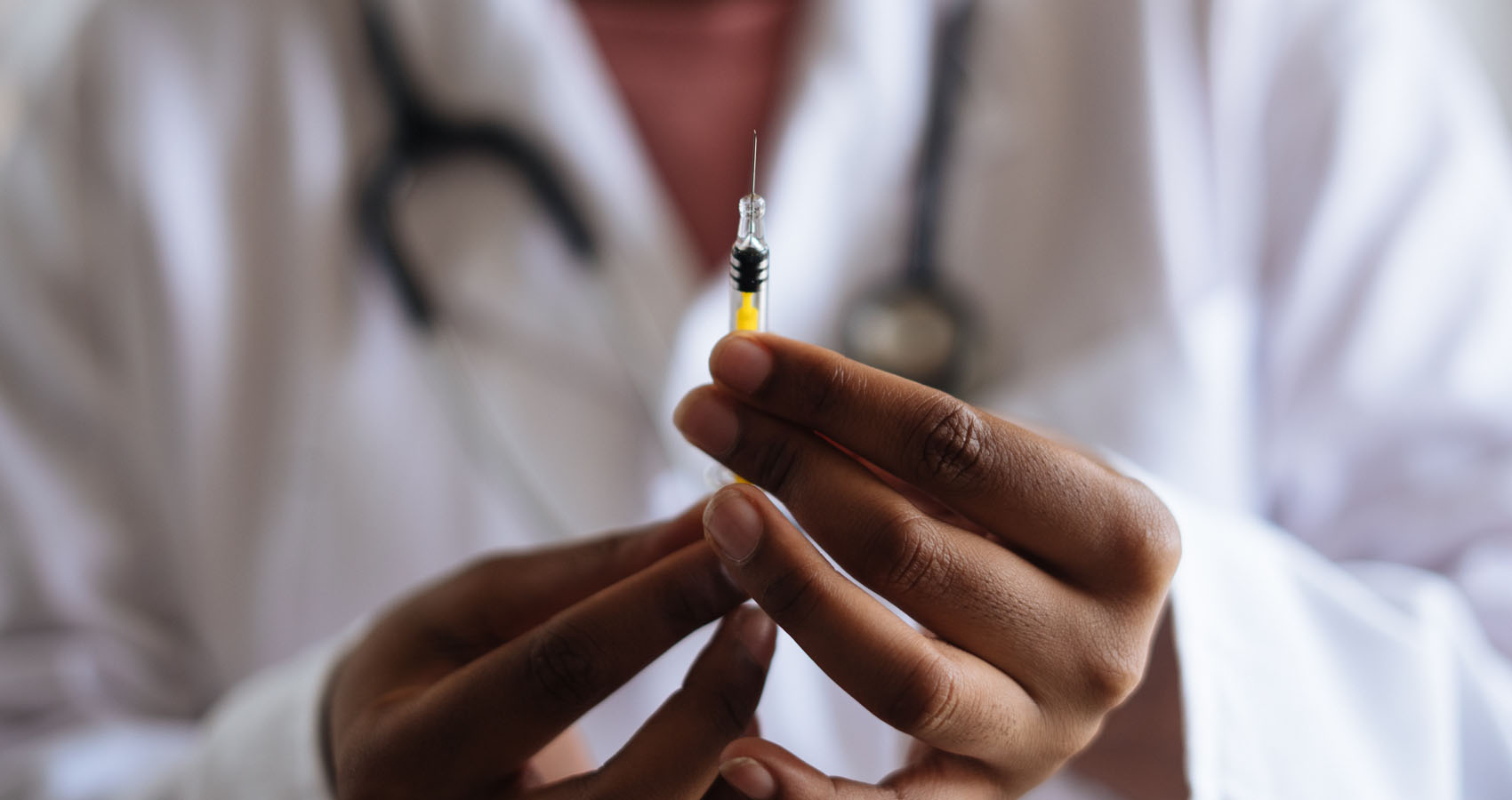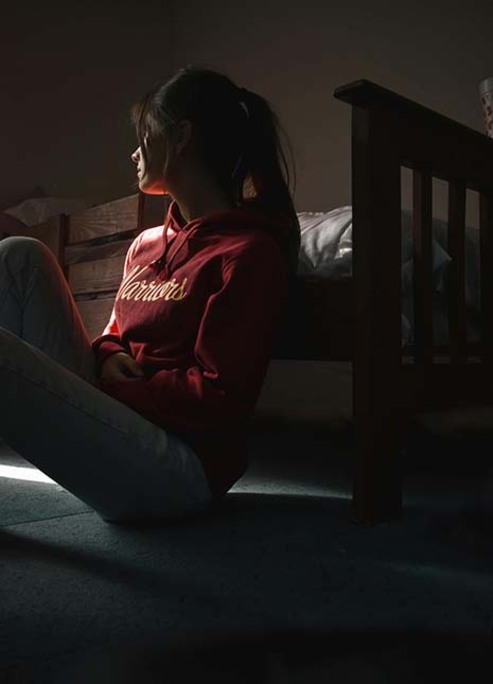
When The Covid Booster Left Me Thinking I Had HIV
Turns out mixing vaccines and sexual health checkups is a big no.
No, I was already very alarmed when a second clinician phoned to confirm my second indeterminate test result. The thing is, with indeterminate tests, the presence of whatever viral overload triggering a weakly positive result can also be a sign that you’re in the acute and early stages of HIV, where it really is most important to begin antiretroviral therapy.
“But I’m not in an at-risk group for HIV,” I moped to my friend. “I haven’t slept with men who sleep with men.” Or at least I thought I didn’t, grimacing briefly at the thought of sending out various messages to try to deduce who might have transmitted the virus – or even worse, whom I might have passed it on to myself. Unlike other sexually transmitted infections, HIV can take up to 90 days from exposure to start showing up in antibody tests, so I might well have been harboring it for a while. Stricken with anxiety at the thought of having potentially passed it on to my boyfriend, I ignored his texts, murmuring something about a life crisis when he insisted knowing what was going on (he was certain my dog had died).
“Well, thanks to PrEP [pre-exposure prophylaxis], HIV is actually more prevalent in straight guys than in gays. Sorry”, he informed me with a commiserative pat on the shoulder.
Nothing tends to happen immediately within the NHS. Appointments take time, and results take longer, and I was told that while they wanted to see me straight away, it would take a few weeks to process additional results. However, things happen a little faster under private healthcare, so I scoured the internet for various clinics offering rapid private testing. £50 gets you a rapid antigen test, providing results from 45 days post contact. I was assured the results would be with me the next working day, so I spent the next 24 hrs furiously refreshing my email. A phone call from the clinic provided no consolation; there had been an issue with the results, something wasn’t quite right, and it would take a few more days. Hell-bent on getting a result, I found a different clinic offering a considerably more expensive test, which provided results as early as ten days post-contact. I was, at this point, pretty resigned to my fate, but I still wanted the confirmation. I sat in the waiting room, sucking on a free-boiled sweet and crying quietly. A sympathetic doctor listened to my circumstances, pricked my arm, and had me wait 30 minutes before beckoning me back into his office to tell me that the results were negative. “I didn’t think you had HIV anyway,” he confessed, peering at me. “Have you had flu recently? Maybe the flu jab, or the booster?” I admitted that I had been suffering a mild cold since the date of my booster, which he met with a confirmatory nod. Vaccines cause a surge of antibodies; antibodies can trigger an inconclusive or false positive HIV result, he admitted. I was not to worry, nor to be put off vaccines in the future, but to rest up and retest in a few months if I needed peace of mind. I left the clinic several hundred pounds out of pocket, but with a weight lifted off my chest. The first clinic called on my way home, reconfirming the negative result on secondary testing.
My agonizing week came to an abrupt end. “I don’t have HIV,” I gushed to my partner, who was more concerned than relieved. I shared this news with SHL, London’s testing service, who had been anxiously texting me about a follow-up throughout the week.
In conclusion, following a tumultuous week and a half of tears, bitten fingers and propranolol, several “NVM ” texts to past situationships, and an overload of HIV testing knowledge later, I was in the clear. But, of course, this isn’t supposed to be a cautionary tale; keep getting vaccinated, keep testing, but maybe keep the two a couple months apart to avoid any unpleasant interactions.











